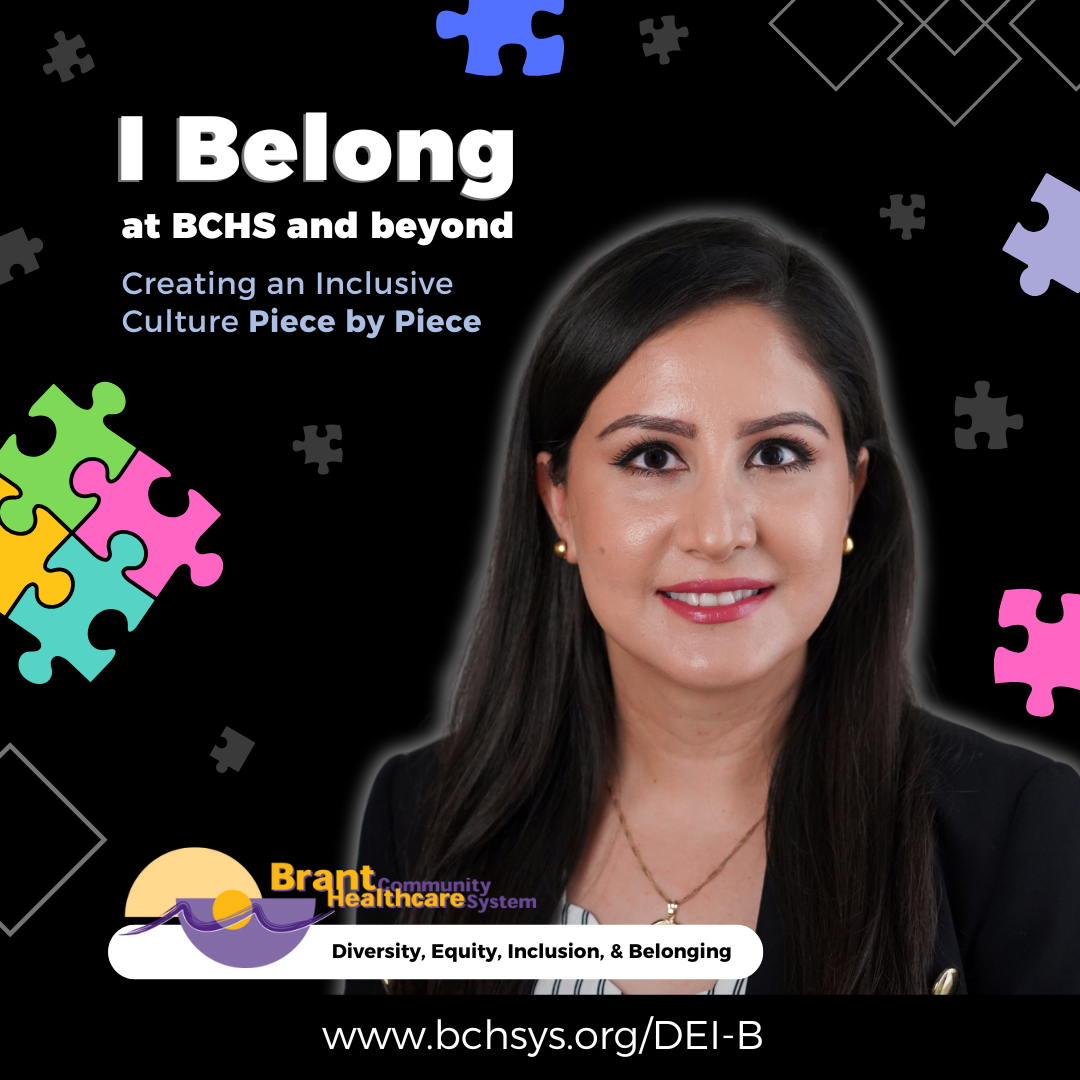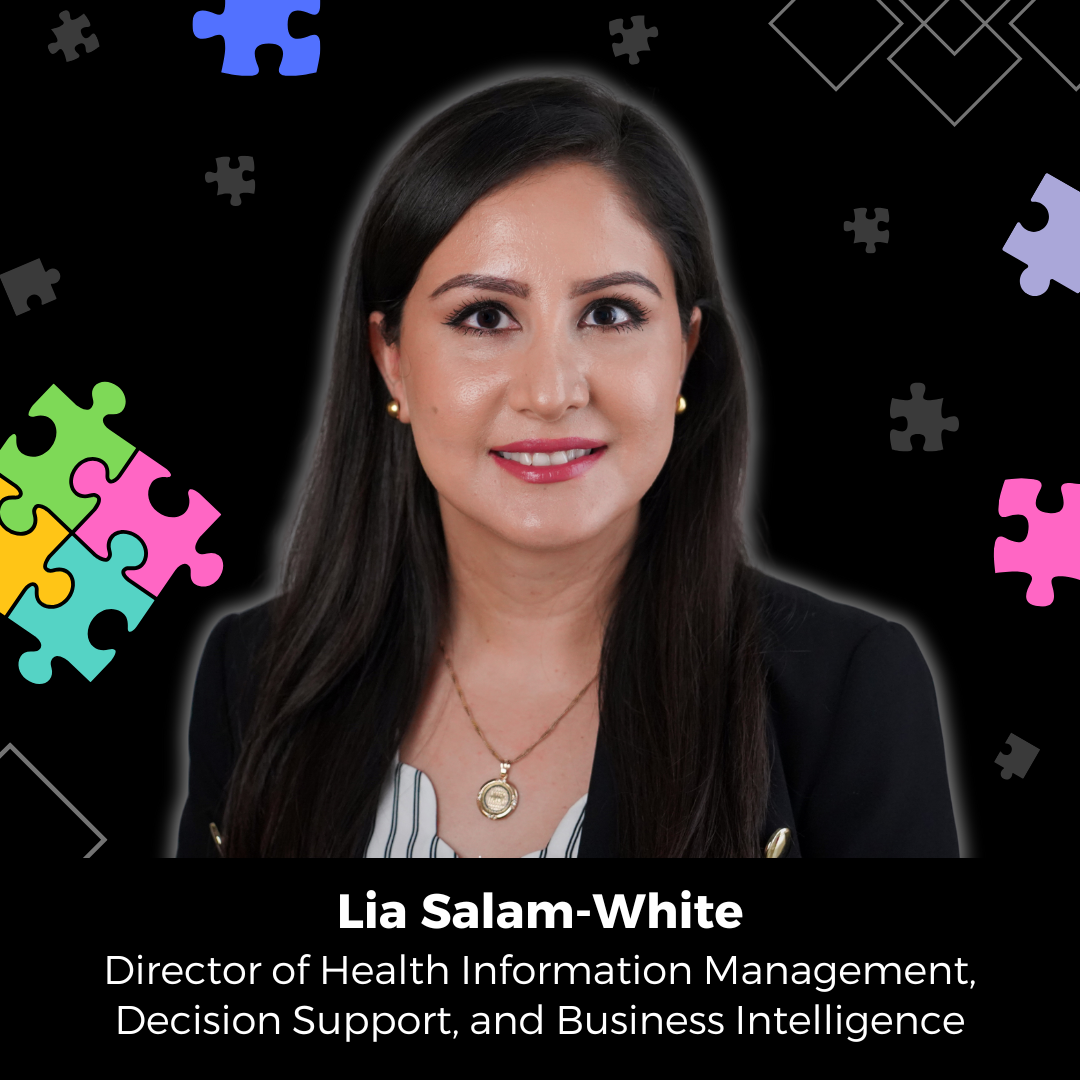Lia Salam-White: My Story, My Strength


For Lia Salam-White, the journey to belonging isn’t just about where you end up – it’s also about what you leave behind.
Born in Afghanistan during the Soviet invasion, Lia was two months old when her family fled after a neighbouring home was bombed. Her parents, both educated pharmacists, had built a life they loved. “They didn’t want to leave,” she says. “But when survival is at stake, you don’t get to choose. Most refugees leave because they have to, not because they want to.”
Their escape involved hiding in trucks, bribing border guards, and crossing into Pakistan before eventually settling in Canada. “We didn’t have much. We were poor. There was no safety net. My parents worked hard for everything we had,” she reflects.
By age ten, Lia had lived in multiple countries and spoke four languages: Farsi, Urdu, French, and English. She attended Catholic school in Montreal as a Muslim child, navigated English as a Second Language (ESL) programs in Ontario, and learned how to adapt and succeed with very little.
“We grew up with almost nothing. I had four outfits in my closet, but I was determined,” she shares. “My parents couldn’t help with school, so I paid for my own education. I knew I never wanted to be in survival mode again.”
From Shared Traditions to Shared Care
Lia’s Muslim identity continues to guide her values. Her family celebrates Eid, gives to charity during Ramadan, and holds tightly to the principles of kindness, forgiveness, and generosity.
In 2011, Lia helped start a tradition that continues today. “Every other weekend, we gather at my parents’ house. It’s how we stay connected,” she says. Food and music are at the heart of those gatherings. “My mom and I always make mantu. They’re traditional Afghan dumplings that take time and care to prepare. My sisters help with cleanup, the house fills with music, and everyone sings. It is loud, joyful, and very us,” she shares.
As a child, Lia’s family saw something special in her and affectionately called her “Doctor.” For years, she imagined that would be her path, and although clinical care was not the right fit, her desire to help others never faded.
“There’s something about being a refugee and seeing how much support people need. That stays with you,” she reflects. After discovering her calling in health informatics, Lia realized that she could use data to improve care and still make an impact. She went on to complete a Master’s degree focused on palliative care, exploring why patients at the end of life often end up in hospitals instead of receiving care at home. “I wanted to use data to solve problems and shape systems,” she says.
Today, as Director of Health Information Management, Decision Support, and Business Intelligence, Lia supports data-informed decision-making across BCHS, helping teams turn insight into action to improve care.
Belonging Begins with Visibility
When Lia joined BCHS in 2018, she often felt like the only racialized person in the room, even if that was not always obvious to others. After someone pointed out that she may be perceived as white-passing she began to reflect more deeply on visibility and privilege.
“It was an isolating realization. I never spoke about where I was from, and I had never thought about how that shaped my experience. I now realize that I was unknowingly code-switching to fit in, sometimes hiding parts of my identity without even being aware of it."
Today, Lia sees a shift in the hallways of BCHS. “Now, I walk through the hospital and see more colleagues of diverse racial, cultural, and immigrant backgrounds,” she says. “That visibility matters. It makes me feel like I belong.”
Lia believes that progress is being made, but more engagement is needed.
“There are more events, more conversations, and more diversity in leadership. But I think we can do better. The information is there. The events are happening. The question is, are we showing up?”
To her, diversity, equity, inclusion, and belonging (DEI-B) work is about more than visibility. “Belonging is not just about inclusion policies. It is about creating a culture where people feel seen.”
When asked what inspires her, Lia points to the song When I Grow Up by NF.
“This song speaks to the power of perseverance, self-belief, and staying focused on your purpose, even when others do not understand your vision. It reminds me to lift others up, help people grow, and keep my team connected to their purpose no matter how noisy things get.”
This feature is part of the “I Belong” campaign, where BCHS employees, professional staff, and volunteers are given the opportunity to share their personal stories, strengthening a culture of belonging that empowers each individual and deepens our collective mission to provide exceptional care. Together, we’re creating a more inclusive, connected, and empowered BCHS.





